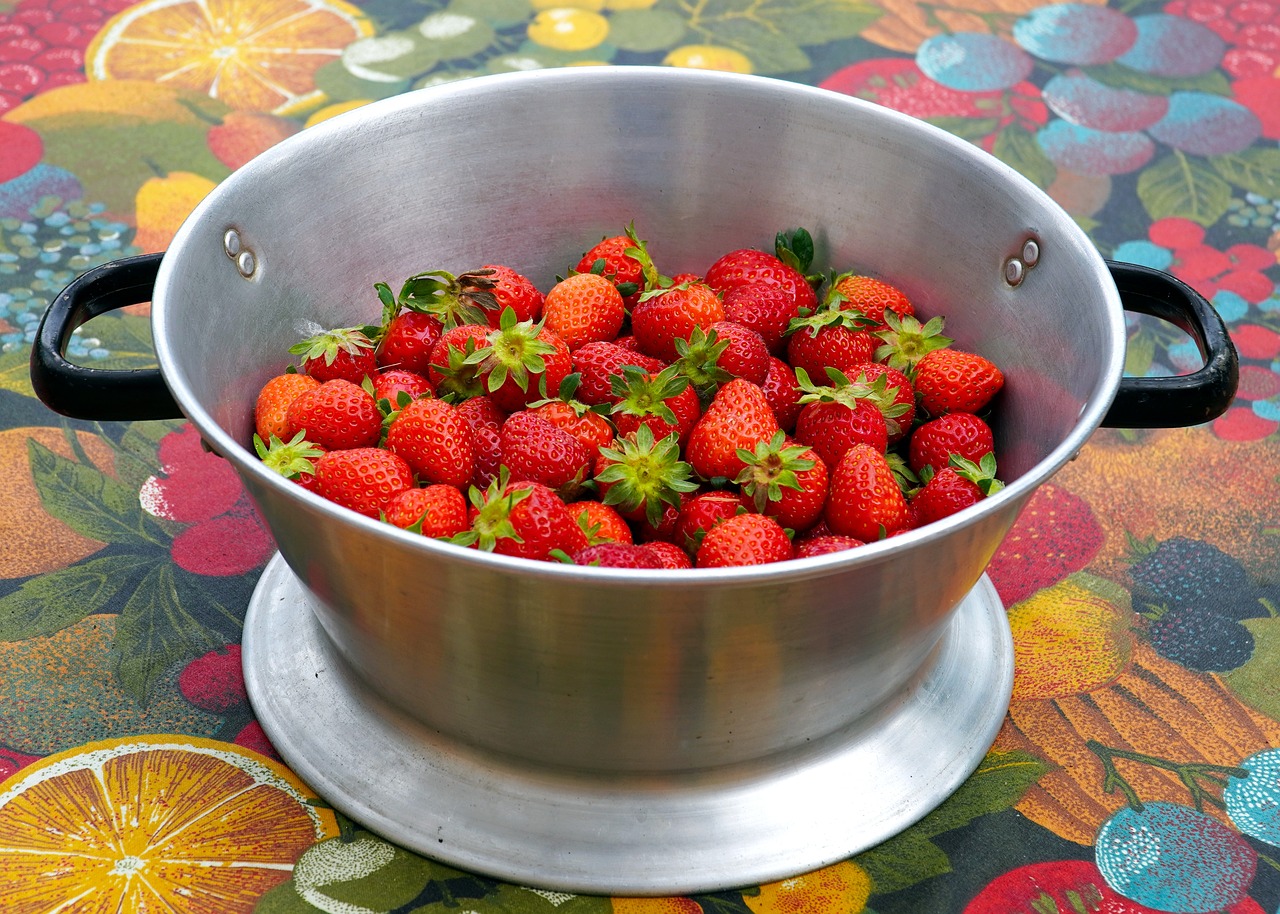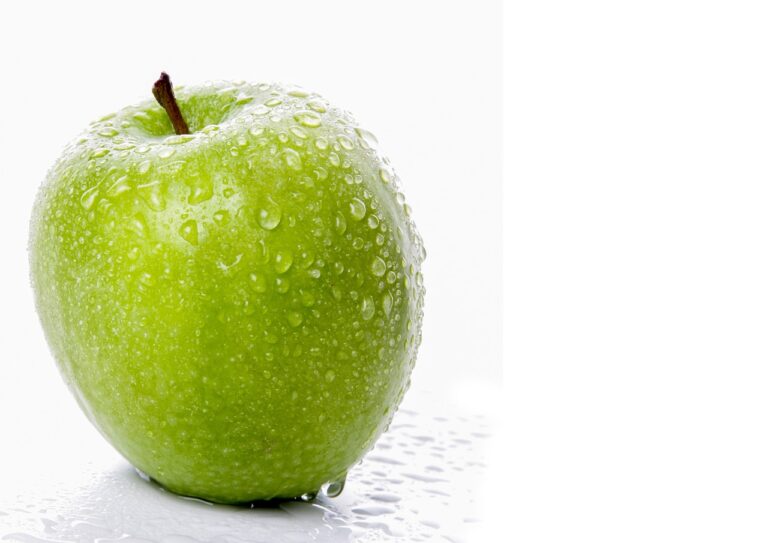The Role of Canning in Food Justice Movements
laser book, silverexch, 11xplay reddy login:The Role of Canning in Food Justice Movements
Food justice movements have been gaining momentum in recent years as more and more people become aware of the injustices and inequalities present in our food system. From food deserts to food insecurity, there are many challenges that individuals and communities face when it comes to accessing fresh, healthy, and affordable food. One solution that has been gaining popularity within food justice movements is canning.
Canning is the process of preserving food by sealing it in airtight containers, such as jars, to prevent spoilage. While canning has been around for centuries as a way to preserve food for long periods of time, it has recently seen a resurgence as a way to promote food justice. By canning fruits and vegetables when they are in season and abundant, individuals and communities can ensure they have access to nutritious food year-round, regardless of their income or location.
Canning is a powerful tool within food justice movements for several reasons. Firstly, it allows individuals to take control of their food supply and reduce their reliance on the industrial food system. By growing their own fruits and vegetables or sourcing them from local farmers, individuals can ensure they know exactly where their food is coming from and how it was grown. This not only promotes food sovereignty but also helps support local economies and reduce the environmental impact of food production and transportation.
Secondly, canning helps to reduce food waste. In the United States alone, it is estimated that up to 40% of all food produced goes to waste. By canning surplus fruits and vegetables, individuals can prevent them from spoiling and ending up in landfills. This not only helps to save money but also reduces the strain on our landfills and helps combat climate change.
Furthermore, canning can be a form of resistance against the corporate food system and its injustices. By canning their own food, individuals can opt-out of supporting large corporations that often exploit workers, damage the environment, and perpetuate food inequalities. Canning allows individuals to reclaim their food traditions and connect with their cultural heritage, promoting food justice on a personal and community level.
Overall, canning plays a crucial role in food justice movements by empowering individuals to take control of their food supply, reduce food waste, support local economies, and resist the injustices of the corporate food system. By embracing canning as a way to preserve and share food, individuals can contribute to a more just and equitable food system for all.
—
Headings:
1. The History of Canning
2. Canning and Food Justice: An Overview
3. Empowering Communities Through Canning
4. Reducing Food Waste Through Canning
5. Canning as a Form of Resistance
6. Promoting Food Sovereignty Through Canning
7. Supporting Local Economies
8. The Environmental Benefits of Canning
9. Canning and Cultural Preservation
10. Conclusion
FAQs:
Q: Is canning difficult to learn?
A: Canning can seem intimidating at first, but with practice and the right tools, anyone can learn how to safely preserve food through canning. There are many resources available online and in local communities to help beginners get started.
Q: What equipment do I need to start canning?
A: To start canning, you will need basic equipment such as jars, lids, bands, a large pot for processing, a canning rack, a jar lifter, and a funnel. You can find canning kits that include all the necessary equipment at most kitchen supply stores.
Q: How long does home-canned food last?
A: When done correctly, home-canned food can last for up to one year or more. It is important to follow proper canning procedures, including using the correct processing times and storing jars in a cool, dry place away from direct sunlight.
Q: Can I can any type of food?
A: While fruits and vegetables are the most common foods to can, you can also can jams, jellies, sauces, pickles, and even meats. It is important to follow tested recipes and guidelines to ensure the safety of your canned goods.






